The iPhone is a story of decades. It wasn't just invented by a scrappy team of inventors or willed into existence by one man brainstorming an idea.
Editor's note: June 29, 2017 the 10th anniversary of the iPhone. AppleInsider will be posting stories, testimonials and anecdotes on the history of Apple's groundbreaking device throughout the day. Feel free to chime in with your own in the comments.
I had been fascinated with Apple for twenty years prior to the iPhone, with particular interest in Apple's darker doppelganger NeXT— the startup Steve Jobs had created after he left the mothership back in 1985 — nearly ten years after co-founding the company.
But ten years of Jobs' NeXT had seemed to go nowhere, at least right up until the last few days of 1996 when Apple announced that it was buying NeXT and using its technology as the basis for a new operating system: Mac OS X.
All of a sudden, two companies that had split ways and failed to gain much momentum on their own had joined up into what was, in retrospect, a spectacular union.
With Jobs at the helm, Apple kicked off a decade of crawling back into relevance. It simplified its product lineup and began building computers with a clear purpose and an artful, considered design.
Half way through its decade of resurgence, it introduced iPod, a new profit engine that proved the value of matching great design with great technology. Apple had never been more profitable — and now even sported the beginnings of a retail chain of storefronts to show off its products.
In 2006, by the end of that decade of resurgence, Apple was broadly predicted to be disrupted from all angles. Its iPod business was supposed to be overrun by commodity feature-phones playing MP3s and its Macs were supposed to be takeover by low cost netbooks running Windows or Linux.
I suggested what I thought Apple could do next that summer, imagining a full screen iPod with a virtual thumb keypad for messaging, emails and browsing the web, with the ability to take videos, journal notes and play back movies.
I got a lot of the details wrong, but most striking was my belief that it probably wouldn't be a phone. I based that mostly on the strident control of mobile carriers, who at the time blocked many technologies they saw as threats to their business model.
However, it was the culmination of Apple's decades of aligning the stars that broke past what I saw as an impenetrable barrier. By 2006 the Mac had gained new clout in standing out from Windows in the minds of customers. Apple had gained a platinum reputation with iPods. The new Intel MacBooks had proven the company could adapt rapidly. Much of this was due to the Mac's deep roots in advanced NeXT technologies.
The new iPhone, too, would benefit from NeXT. It was born with solid development frameworks that helped make rock-solid mobile versions of Apple's desktop Mac apps, from Safari to Mail. iPhone also benefitted greatly from Apple's experience in building solid mobile devices, both with iPods and MacBooks.
Critics first suggested major problems would erupt for iPhone, complaining that it had too high of a price while predicting that other companies would copy all of its features quickly. They were wrong. Despite many copies, Apple kept skating into the lead using superior design, smarter software and better security.
Even today, ten years after Apple shifted how we use phones and mobile computers, there remains a myth that a single person or small group can put together a device that will replicate what the iPhone did. That continues to be very unlikely because the iPhone wasn't a simple new device but the intersection of a large number of advantageous positions Apple had erected over many years.
The way it took off and maintained its trajectory in such an obvious way (in hindsight) is embarrassing to all of us who tried to predict what was happening— particularly so to all who worked so hard to denigrate Apple's efforts, vilify Steve Jobs and boost its competitors.
Perhaps the iPhone's greatest success was proving wrong all of those people who wrote giddy articles predicting Apple's ruin, or creating fictions of how rivals would fall into success simply by throwing out their own product— perhaps even just a cheaper knockoff.
iPhone established that decades of hard work and well considered, thoughtful design were more powerful and efficacious than simply talking about how things should be cheap or how one's favorite corporation or software ideology would win. iPhone changed the world, all those embittered writers' articles are now largely forgotten.
My story: An early peek, and camping in line
My personal experience with iPhone began at Macworld Expo, where Steve Jobs delivered the pinnacle of product demonstrations. Uncharacteristically for Jobs's very secretive Apple, the new product wouldn't be available until later that summer.
I did manage to sneak an early peek after Apple's shareholder meeting that spring, when the largely unknown Tim Cook — then Apple's chief operations officer — pulled a prototype out of his pocket and scrolled through his messages as I watched, device-starstruck from in front of the stage.
That summer, I camped out on the sidewalk in San Francisco at the Union Square store. To be at the front of the line, I got there nearly two days in advance— allowing a full day of writing on the sidewalk, followed by a night in a sleeping blanket next to a busy bus stop, then another full day waiting for the iPhone to go on sale that evening.
There were a couple professional line-sitters ahead of us in tents, and a clown posse performing tricks (who had got in line for attention), but most of the line that stretched around the block was made up of regular people like my friend and me, who were really excited about the technology in the new device.
When I first walked into store to make my purchase, I saw the new phone sitting in a display and thought "wow, it's really small!" I'd been writing about it for months, but only now had its actual size struck home. It actually was the size of the full screen iPod I'd imagined the previous summer. It could do nearly all the things I had dreamed up, along with a lot of other things— most notably replacing my phone.
It was that feature that really blew the iPhone up into the mainstream. Everyone was already paying lots of money for phone service, and paying something for a new phone. Why not upgrade that basic phone into a super phone, and be able to do all sorts of cool new things? I grew so addicted to my iPhone that the next time I traveled to Europe I used it roaming to get maps and look up contacts. Even with minimal calling, it cost me over $1000 in piles of fees charged by every carrier who delivered me a few bits of data.
But as with many of the other early issues associated with the new iPhone Era, that one has sorted itself out since. I now have T-Mobile, which lets me roam for free in virtually every country I go to. And elsewhere, I can pop in a local SIM, which I've done in Mainland China (and elsewhere before switching to T-Mobile).
The world of fragmented old websites that require (or "look best" in) a special browser are also gone. Virtually everything that needs a website now has an iOS app, and Apple's constant upgrading of iOS means developers have good reason to keep updating their own code as well, keeping things functional and fresh.
The occasional interest in checking social media and news sites has now turned into an always-on world where you hear about major events and personal updates of your friends and family immediately. You can also post photos, videos or panoramas of your personal world experiences for the people you care to see.
You can make music and note thoughts walking down the street. You can set an alarm or settle a factual dispute with your voice using Siri. Wires are gone to your television, and even to your AirPods. We live in the future, with the tools to advance art, expression, health research and science at an even faster pace than ever.
iPhone is a computer but not just a computer. It's the tool everyone uses without needing to know that it's a computing tool. And that, to me, is the coolest thing I've experienced develop over a decade of watching technologies grow.
 Daniel Eran Dilger
Daniel Eran Dilger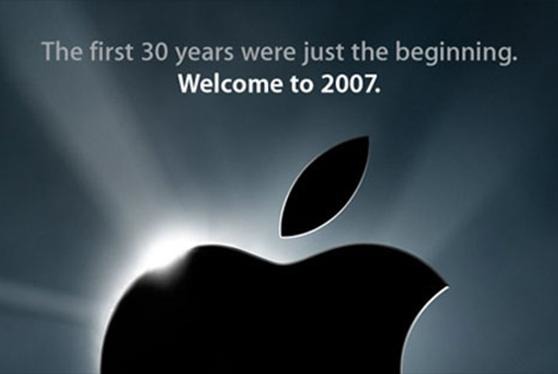
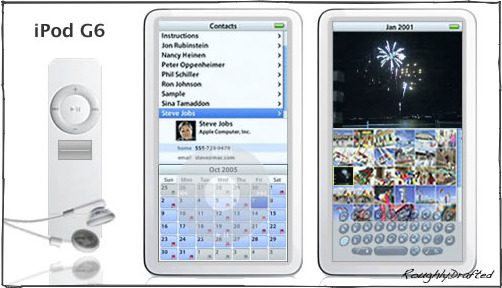
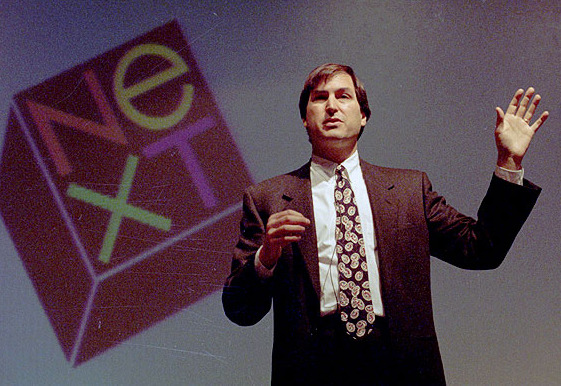
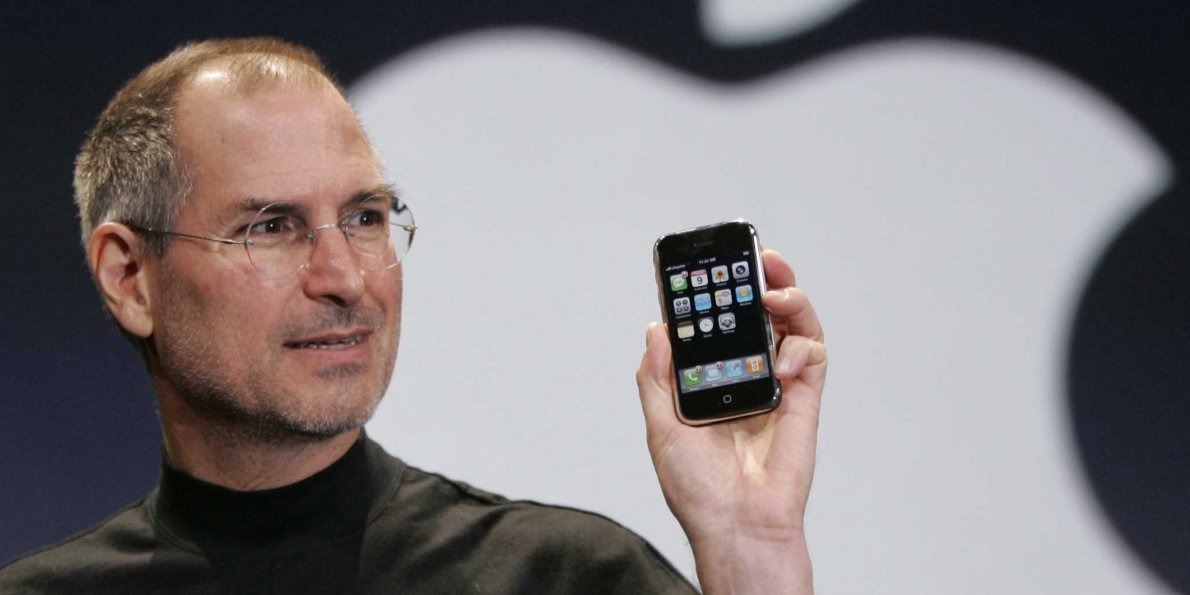
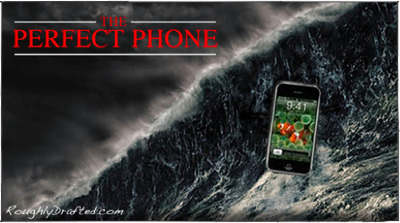
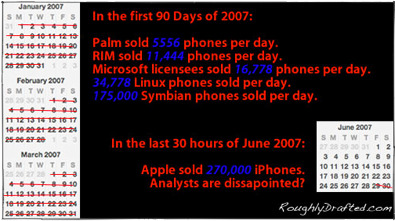




-xl-m.jpg)


-m.jpg)






 Wesley Hilliard
Wesley Hilliard
 Christine McKee
Christine McKee
 Amber Neely
Amber Neely
 William Gallagher
William Gallagher
 Malcolm Owen
Malcolm Owen

 Mike Wuerthele
Mike Wuerthele








2 Comments
Nicely written article, with the personal perspective a great angle.
Thanks!
A very enjoyable article - thanks.
That image of the iPod Shuffle brings back memories - my first Apple device, followed not long afterwards by a 4th gen U2 iPod which I got as a birthday present (and still have today).